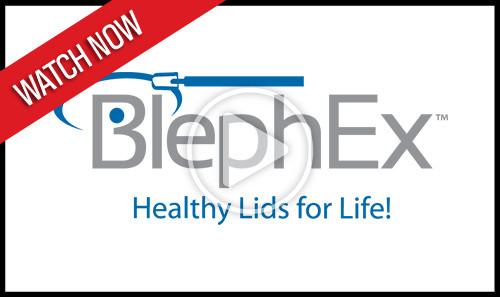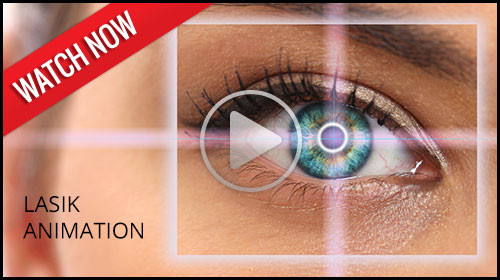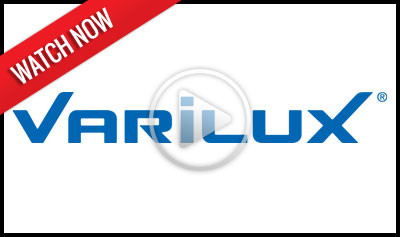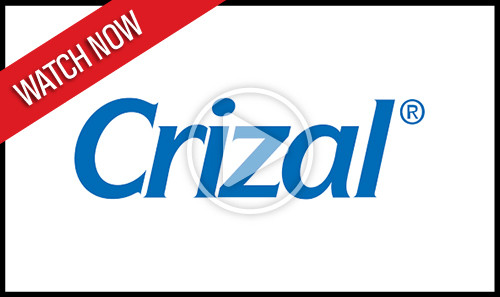Our Services
As a fully licensed and equipped optometric practice, Ridgedale Family Eye Care offers a complete range of eye care services to all our patients.
Whether the eye care issue involves correcting refractive errors with eyeglass or contact lenses, or helping a student find amazing frames, or diagnosing/treating eye conditions and diseases, our experienced team will identify and implement the best eye care solutions for you.
Eye Health Evaluation
With our years of experience in diagnosing and treating typical vision disorders such as nearsightedness, farsightedness, amblyopia, presbyopia, cataracts, macular degeneration and diabetic retinopathy, Dr. Fruchtman, Dr. Beneski, and Dr. McHugh and their team are equipped to provide appropriate therapeutic medical eye care.
At the same time, the Ridgedale Family Eye Care team offers a wide array of high quality eye care products at reasonable prices. Our patients never pay too much for the best quality in eyeglasses, contact lenses, sunglasses, progressive and bifocal lenses, and outstanding service.
Treatment of Eye Disease
If you are diagnosed with an eye disease, you want the best treatment available to get your eyes healthy again. At Ridgedale Family Eye Care, we stay current with best treatment practices. Based on your diagnosis, we may recommend a wide variety of approaches, including improved nutrition, prescription medicines, therapy and vision exercises, or medical procedures.
Good Eyecare Begins With A Yearly Eye Exam!
Although many do not realize it, the best way to protect your vision is with a yearly eye checkup. Even a basic eye exam can instantly detect many health-threatening conditions, such as tumors, vascular irregularities, and diabetes-related injury to the retina. At Ridgedale Family Eye Care, that basic checkup is brief and painless.
Ridgedale Family Eye Care is proud to offer the most technologically advanced instruments to ensure that you and your family are recceving the most up to date care.

The Optos Daytona Ultra-widefield Imaging technology uses a scanning laser to provide a photograph of the fundus, which aids in diagnosisng, analyzing, documenting, and monitoring eye disease. Done without the use of dilating drops, the Daytona allows for more than 80% or 200 degrees of the retina to be evaluated, both quickly and comfortably.
The Octopus 300 Visual Field Analyzer is used to diagnose and management a variety of eye disease that affects our peripheral and central vision. Patients may require the use of this instrument if being treated for glaucoma, macular degeneration, or to screen for vision loss from injuries or use of certain medications.
The Optovue OCT is used to measure the physical structure of the retina, optic nerve, anatomical angle, and corneal thickness. What distinguishes this technology from others is its ability to determine differences in ocular anatomy, down to the micron. We take advantage of this instrument especially when treating diabetic and glaucoma patients.
The Neurolens Measurement Device (N3) is used to measure binocular vision. The N3 quickly and accurately measures eye misalignment down to a fraction of a prism diopter, regardless of binocular vision experience. Nearly 2/3 of adults experience the painful symptoms of eye misalignment, including chronic headaches, neck pain, eye strain and dry eye sensation.
LASIK, a form of refractive surgery, is an popular option for vision correction, often eliminating the need to wear glasses or contact lenses. Simply put, LASIK reshapes the cornea with a laser.
Other surgical alternatives have become available. Among these is a technique called phakic IOL implantation which involves implanting a lens behind the cornea, but in front of the iris. With this new option, many of those who were too highly nearsighted for LASIK are now candidates for refractive surgery.
If you are interested in refractive surgery, please let us know. Refractive surgery is not to be taken lightly. Detailed testing is necessary to determine whether or not you are a good candidate for the surgery. If testing shows you to be a good candidate, we can help you choose the refractive surgeon who is most appropriate for your case. In addition, we provide post-operative care for refractive surgery.
In our continued efforts to bring the most advanced technology available to our patients, Dr. Fruchtman, Dr. Beneski, and Dr. McHugh are proud to announce the inclusion of the Optomap Retinal Exam as an integral part of your eye exam.
Many eye problems can develop without warning and progress with no symptoms. Early on, you might not notice any change in your vision. However, diseases such as macular degeneration, glaucoma, retinal tears or detachments, as well as other health problems such as diabetes and high blood pressure, can often be detected with a thorough exam of the retina. The retina is the part of your eye that catches the image of what you are looking at, similar to the film in a camera.
An Optomap Retinal Exam provides:
- A scan to confirm a healthy eye or detect the presence of disease.
- An overview or map of the retina, giving your eye doctor a more detailed view than he can achieve by other means.
- The opportunity for you to view and discuss the Optomap images of your eye with your doctor at the time of your exam.
- A permanent record for your medical file, enabling your optometrist to make important comparisons if potential problems show themselves at a future examination.
















